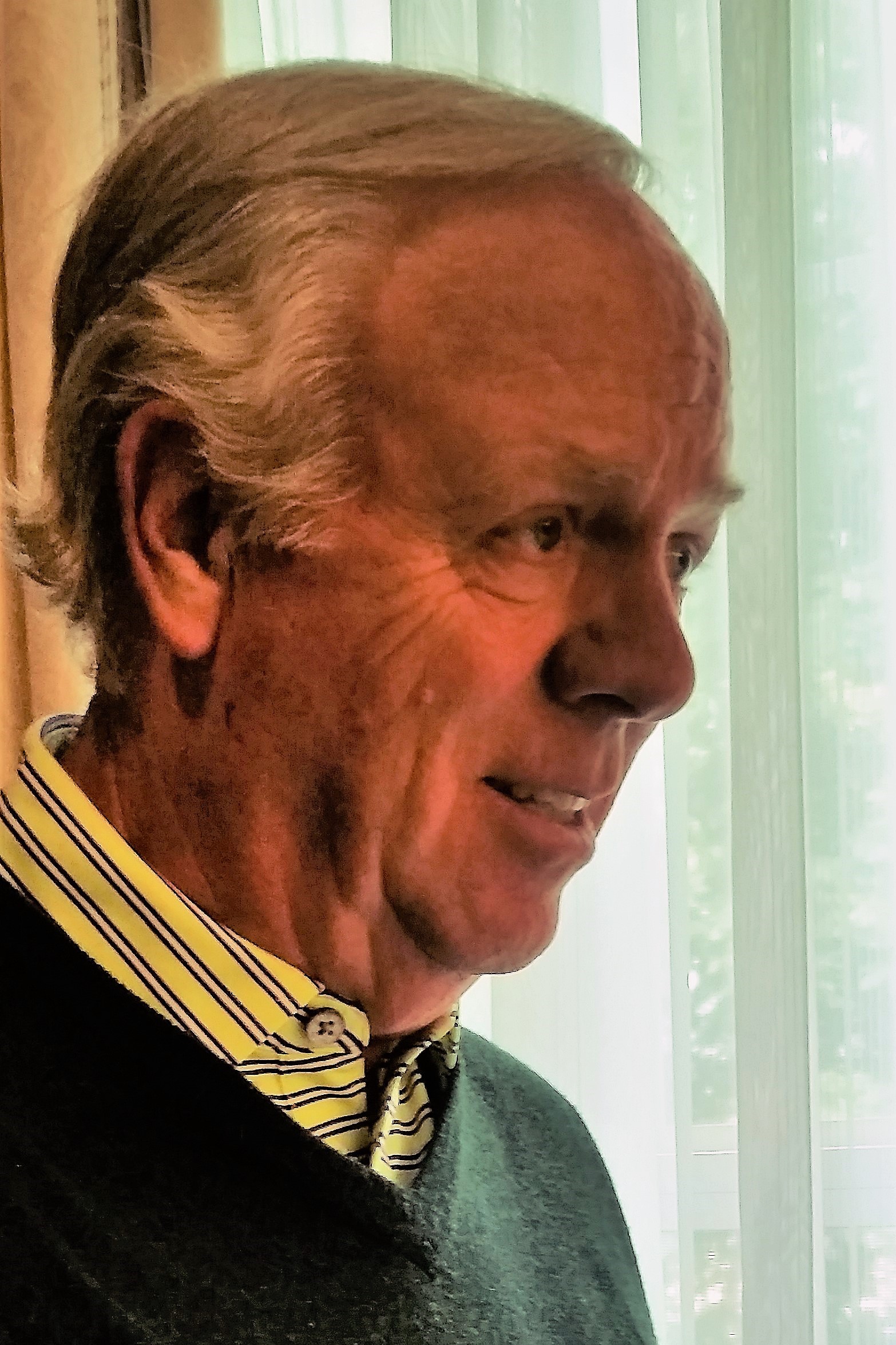Maybe It Was Eleanor Poem by Greg Gaul
Maybe It Was Eleanor
Ever wonder where big ideas come from?
Memories of FDR
from newsreel clips -
a lion-headed striking man
with rakish grin,
jaw jutting proudly,
signature cigarette holder
clenched in his teeth
tilted ever upward...
soaring to the heavens
as he cruises by
waving to admirers
in his convertible coupe.
Short List FDR Credits:
New Deal, WPA, Social Security, Minimum Wage,
FDIC, Bank Act, United Nations, WW II Win
Arguably Franklin Delano Roosevelt was
the most influential person of the 20th Century.
He changed America.
Changed the world order.
But who changed him?
This rich boy from New York aristocracy.
Schooling unremarkable.
Domineering mother.
Teddy's distant cousin.
Ages ago, Plato mentored Socrates.
Martin Luther King had Gandhi.
Even Shakespeare had his Boswell.
FDR had Louis Howe
until his death in 1936
into the first of FDR's four terms.
Howe mentored Eleanor too
igniting her advocacy -
memories of her first mentor
Marie Souvestre of Allenswood Academy
teaching free and independent thinking
standing up for oneself.
Novel notion in the women's suffrage era.
Then there was Lorena "Hick" Hickok
a noted journalist who during 1932 to 38
was Eleanor's romantic partner
and who remained a life-long confidant.
Hick influenced Eleanor to use her
prominent position to push big ideas.
Where did FDR's egalitarian concepts come from?
Somewhat a mystery to biographers, historians
and pundits - Franklin never explained.
The privileged helping the ordinary.
Eleanor, champion for the downtrodden.
History is a record of being of the right mind-set,
in the right place, at the right moment.
Eleanor took over for Louis Howe after 1936
never seeking personal notoriety.
She became Franklin's private collaborator.
In 1918, when her marriage collapsed
after having given birth to six of his children,
she built a separate life for herself
seeking refuge in feminism and social action.
She'd never forsake her fractured affection
for Franklin forming a bond with him
to make life better for all people, everywhere.
Although they lived separately
on certain big ideas they were inseparable.
Belief in the possibility of big ideas
relieves the amorphous anxiety
that we're lost as a society.
Eleanor became a vital part of FDR's presidencies
until his death in 1945.
People saw it, third term critics railed,
"We don't want Franklin again (or Eleanor either) ".
But history prevailed.
Memories of ER
photos of her as a
New York socialite
surprise us -
demure, even statuesque,
shy and vulnerable,
young Eleanor.
Not the plain, unadorned
later life ER
depicted in news reports.
Her progressive agenda
consumed her, leaving
little room for lost affections -
yet her feelings toward
advocacy were evocative.
Short List ER Credits:
Universal Declaration of Human Rights (UDHR) ,
United Nations Representative, UN Human Rights Commission,
NAACP, Anti-Lynching Movement 1930s, Women's Trade Union
League (WTUL) , Spanish Civil War, Labor Law Reform,
National Youth Association (NYA)
Her time in the limelight
was focused on worthy world causes
until her death in 1962.
Maybe Franklin knew all along
deep in his heart that she was
the right choice after all.
So where did the big ideas come from?
Maybe it was Eleanor.
Maybe it was Eleanor.
Maybe it was Eleanor.
Shy, plain, selfless Eleanor.
This, her secret, uncovered.
Maybe.
This poem has not been translated into any other language yet.
I would like to translate this poem